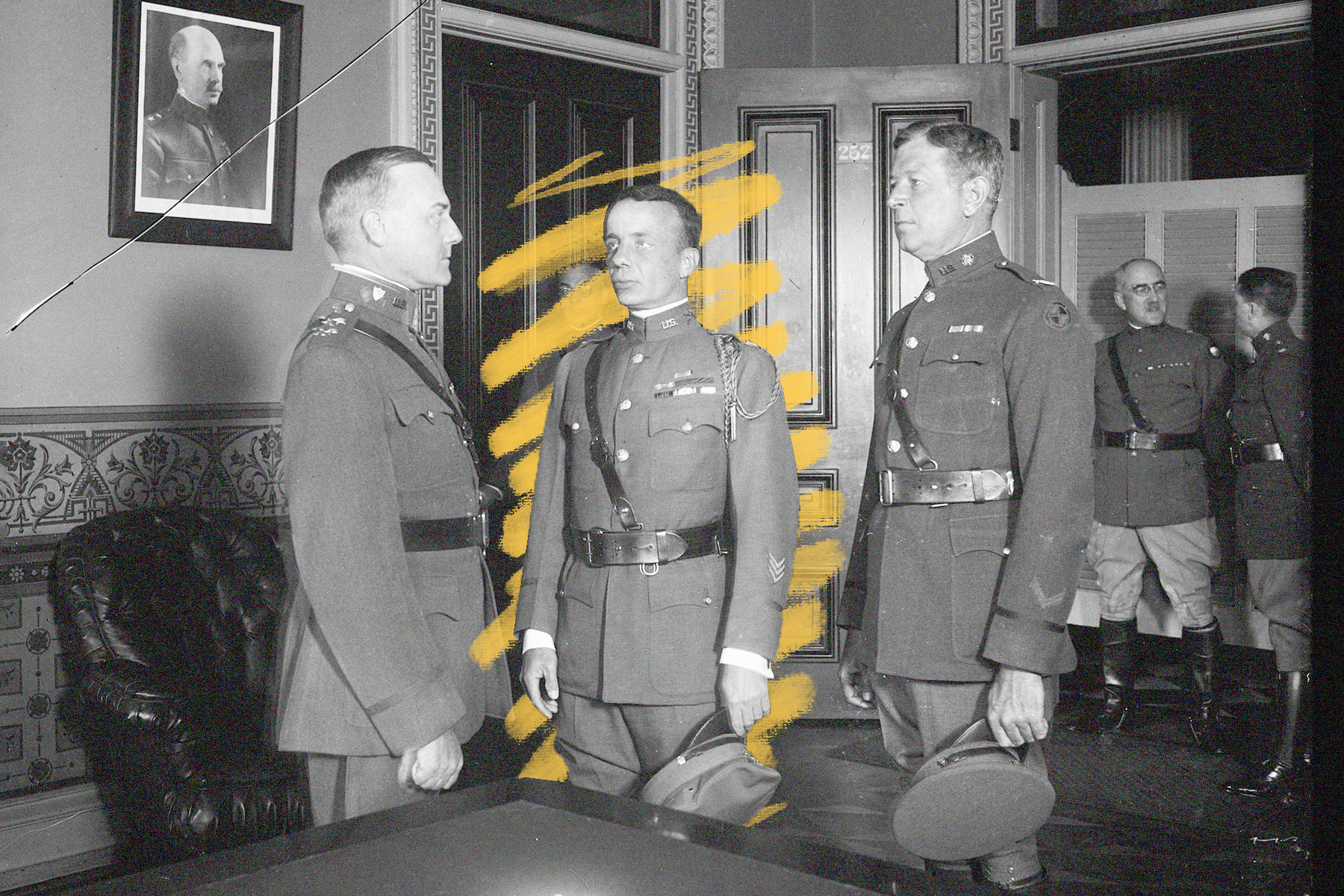| M ore than 130,000 Allied troops landed at Normandy as part of D-Day, but only one of them was the son of a former U.S. President: Theodore Roosevelt Jr., who also held the distinction of being the oldest soldier to deploy. He was born on September 13, 1887, making the brigadier general 56 years old when he asked to land with the first wave. After two verbal requests were denied, Roosevelt submitted a written petition, in which he wrote, "I personally know both officers and men of these advance units and believe that it will steady them to know that I am with them." |
|
| High command finally relented, and Roosevelt landed on Utah Beach equipped with his walking cane and service pistol on June 6, 1944. Later, soldiers from his unit indeed credited his "calm and humorous demeanor" with helping them push through. Roosevelt was already a decorated veteran at this point, having served with distinction in World War I, but his military career was cut short when he suffered a fatal heart attack barely a month after D-Day. General George Patton hailed him as one of the bravest men he ever knew, and Roosevelt received a posthumous Medal of Honor on September 21, 1944. His son Quentin Roosevelt II stormed Omaha Beach on D-Day, making them the only father-son duo to take part in the Normandy landings. |













No comments:
Post a Comment